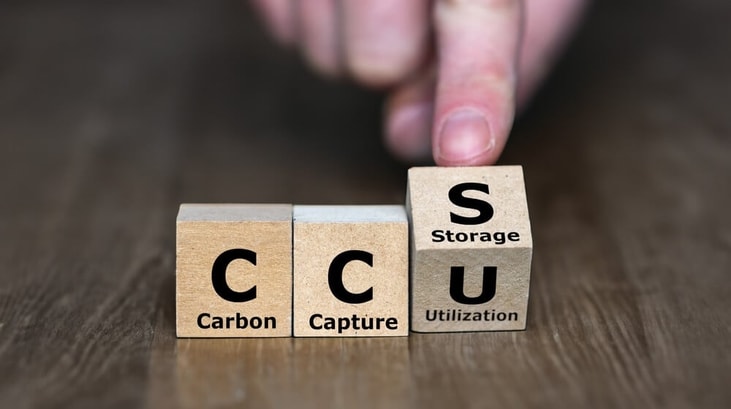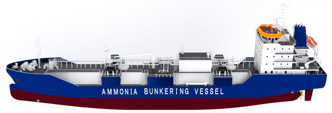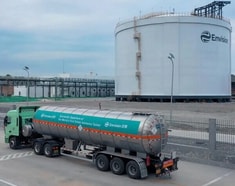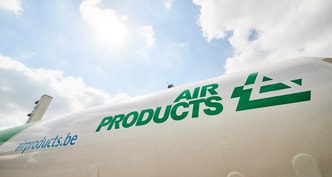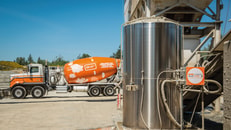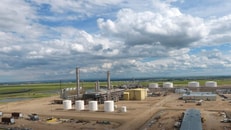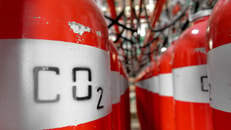Capital Power calls it quits for $2.4bn CCS project
Canada-based Capital Power Corp. (Capital Power) will not continue its pursuit of the CA$2.4bn (US$1.7bn) carbon capture and storage (CCS) project at its Genesee natural gas-fired power plant.
The company has deemed the power plant project near Edmonton technically viable but not financially feasible.
“Regarding CCS, after a detailed review of the project, we have concluded that the economics for CCS at the Genesee site do not meet our targeted risk return thresholds,” said Avik Day, President and CEO of Capital Power, who spoke during a quarterly earnings call yesterday.
“This is a result of our thorough work, including extensive technical review of the post-combustion CCS value chain from capture through sequestration, including types of solvent and components that can optimise the process,” he added.
... to continue reading you must be subscribed

